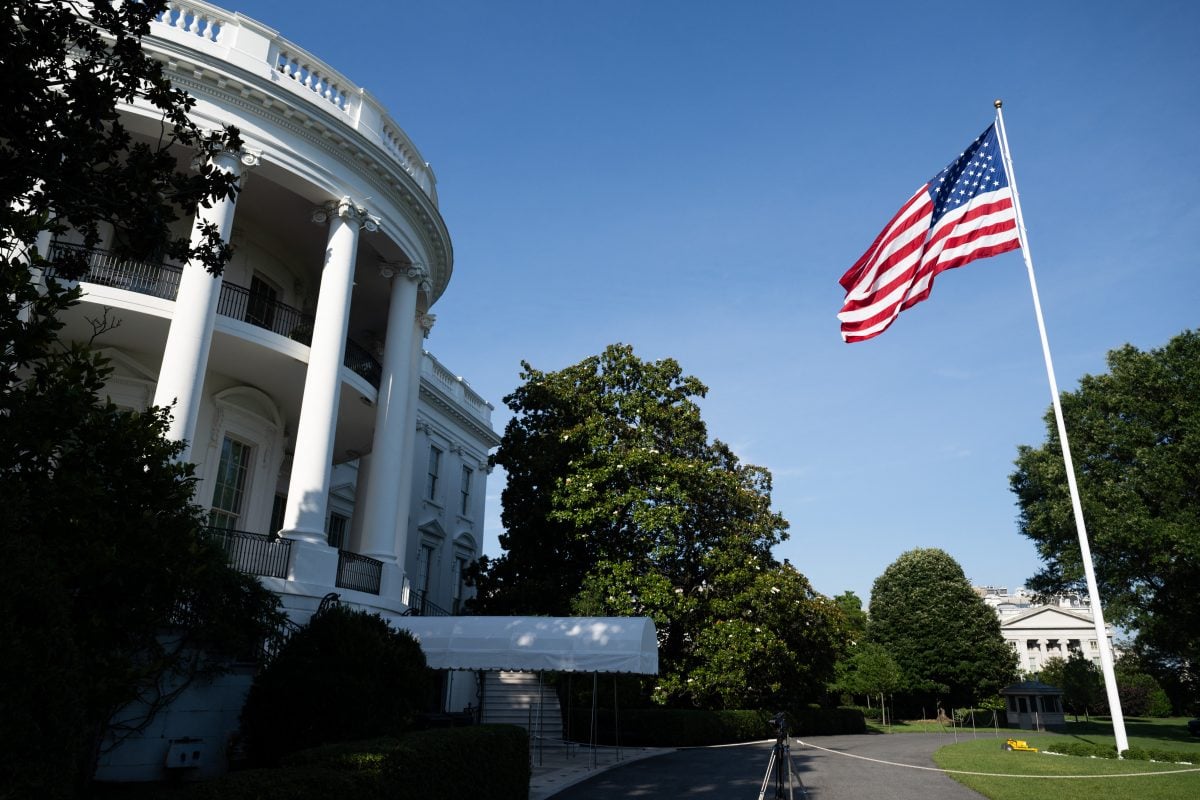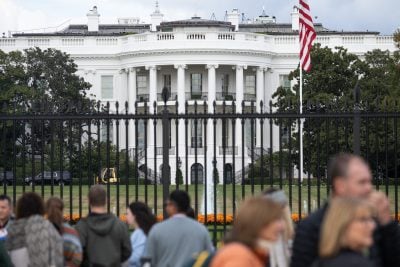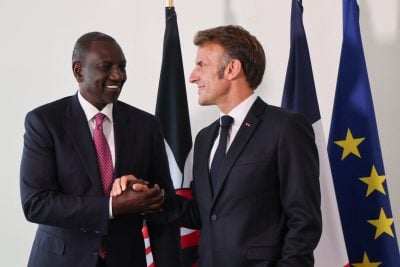Business leaders, investors and trade advisers at the Global Africa Summit in Washington DC said they are adapting to shifting US trade priorities under President Donald Trump, describing both challenges and new opportunities for US-Africa economic relations in an era of increasing tariffs and trade tensions.
The summit took place against the expiry of the African Growth and Opportunity Act (AGOA) – which grants duty-free access for dozens of African countries to the United States.
The 25-year old law expired on September 30, although reports suggest a one-year extension is still being considered by the Trump administration.
Trump has also hiked tariffs on African countries, and his administration has yet to set a date for the US–Africa Leaders Summit, the flagship diplomatic forum launched by President Barack Obama in 2014 and hosted again by President Joe Biden in 2022.
Global Africa Summit organiser Jane Osei, head of the African Investment Network, said the event sought to sustain dialogue amid tightening US visa rules and a more inward-looking US.
“Under this administration, access to the US market has become harder for African entrepreneurs,” she said. “But interest remains high – investors are exploring diaspora-led capital and local partnerships to keep trade flowing.”
Osei added that the administration’s rollback of aid programs, including USAID, had forced a reckoning on the continent.
“Africa has learned to stand on its own two feet,” she said. “We can no longer rely solely on aid or external support. We are learning to industrialise, to create jobs, to innovate. That independence is the opportunity within the challenge.”
Shaquana Teasely, chief executive of Intentional Trade Advisors said there is still plenty of potential to develop trade ties between the US and the continent.
“Although AGOA has not been fully renewed, there are still customs programmes that benefit African suppliers and US importers.”
“I’m advising clients to rethink how they do business – to diversify, to use other trade mechanisms, and to stay compliant. There are still advantages if you know how to navigate them.”
Teasely said her firm has helped clients to sidestep the impact of Chinese trade-war tariffs using lesser-known customs programmes.
Looking beyond AGOA
The actual impact of AGOA continues to be debated.
A recent report from the International Trade Centre (ITC) said that Africa’s apparel and textile manufacturers will be hardest hit by AGOA’s expiry. Across all sectors, US tariff introduced in 2025 are estimated to reduce projected exports of AGOA beneficiaries by about 8% by 2029. The expiry of AGOA adds a further decline of 0.6 percentage points, or $189m, the ITC projected. $138m of that will be accounted for by reductions in exports of apparel and textile products to the US.
But Charles De Bow, president of the National Black Chamber of Commerce, said AGOA’s design had failed to meet its development goals.
“AGOA was intended to help Africa develop,” he said. “But in many cases, it ended up doing the opposite – allowing foreign companies to relocate production to the continent, claim African origin, and then sell duty-free into the US market. Those goods weren’t always made by Africans or benefiting African-owned firms. It created competition, not capacity.”
Former US Commerce Department official Terri Batch, now with Global LA, said that criticism has long been voiced inside trade circles.
“If you ask who really benefited from AGOA, it was the big companies – the Walmarts, the multinationals that understand how it works,” she said.
“Small and medium-sized African businesses don’t know how to leverage it, how to quantify products, or even how to qualify. I remember asking African ministers how many companies actually use AGOA, and for a whole country it might be five. It never fulfilled its promise.”
Despite the policy uncertainty, Batch said investors have an opportunity to adapt.
“Businesses always find a way,” she said. “If Washington steps back, it creates space for entrepreneurs and diaspora investors to step forward. Africa is the future – and it’s in America’s interest to stay in the game.”
Want to continue reading? Subscribe today.
You've read all your free articles for this month! Subscribe now to enjoy full access to our content.
Digital Monthly
£8.00 / month
Receive full unlimited access to our articles, opinions, podcasts and more.
Digital Yearly
£70.00 / year
Our best value offer - save £26 and gain access to all of our digital content for an entire year!

 Sign in with Google
Sign in with Google 



